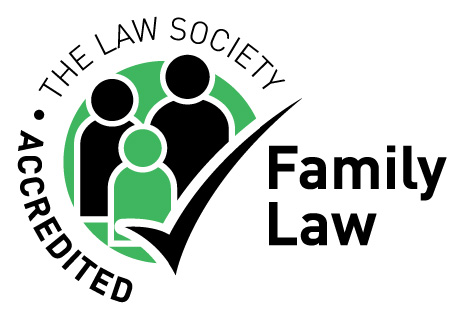testimonials
Bradley of Curwens is the most highly efficient, sharp and highly skilled conveyancer I have ever used. My sale went through quickly and effortlessly with no stress at all. Conveyancing at its best. Hurrah and Thank you.
Katie from North London
Kaajal at Curwens was terrific - really friendly and unintimidating, patient in explaining the legal-speak of the severance agreement I was being asked to sign, while also being extremely efficient in processing it all! I would unreservedly recommend Kaajal and Curwens to anybody looking for friendly and painless help with any potentially daunting legal process.
Mike from Palmers Green
We had a very good experience on our house sale with Maryam and Christina. They were knowledgeable, courteous and understanding throughout. I would definitely recommend them and have no hesitation using Curwens again for any legal representation!!
The Thompsons from Finchley
I would highly recommend Curwens. They handled the probate on my late father’s estate in a highly professional manner and explained the whole process clearly. The staff are friendly and kind and dealt with any issues I had promptly. Thank you. Much appreciated.
John from Harlow
I would like to thank the Employment team, and especially Kaajal for assisting me during my redundancy. She remained calm, when I was upset and shocked. The whole process was dealt with within one week, meaning I could go on to find further employment.
Pritti from Surrey
Our purchase was sabotaged by XXXXXXXXXX, and our mortgage offer had expired. Luckily, our lender gave us a one week extension of the mortgage offer. Curwens took over, and magic happened. We completed the purchase on time. Best Service ever!
William from London
I would like to thank you Amanda for all your support during this process. I felt very pleased you were my solicitor, you gave me confidence and reassurance, I felt in very safe hands.
Anonymous
You have helped us on a fair few issues now. On every occasion you have made us feel like we were your only client at the time… we couldn’t have got through our HR situations without your guidance.
HR Director, Milbridge Group PLC
I just wanted to say thank you for all of your help with getting our office lease done. Bradley, Sandra and Sarah were so responsive and it was a pleasure working with you.
Clinton Gomer, Energy House Digital

















